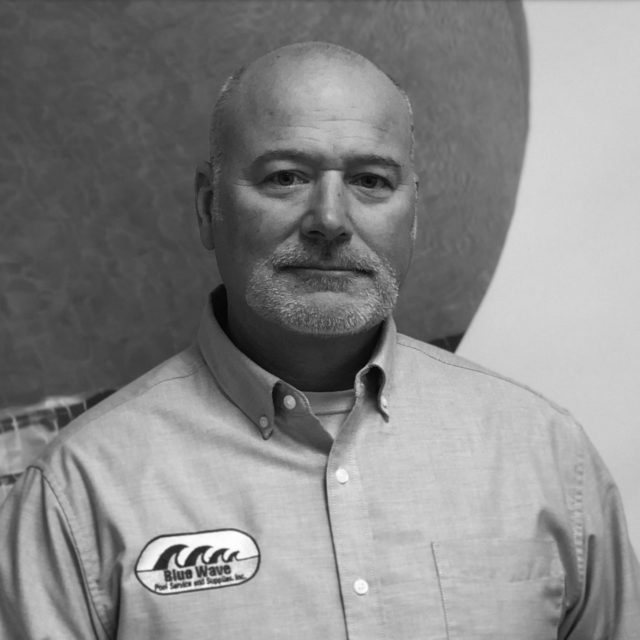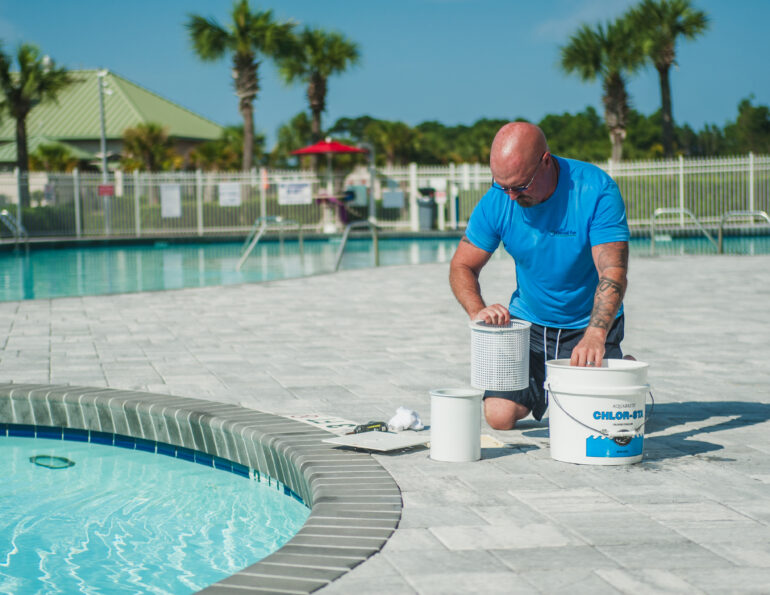Panel: Comp It Up

Employee pay and tax insight from our panelists

Brian Diglio
CPO, AST, CSP, president
Blue Wave Pool Service and Supplies, Inc.
Hamden, Connecticut
Facebook: @BlueWavePoolSpa
Twitter: @MarvTheDolphin
YouTube: Blue Wave Pool Service & Supplies
bluewavepoolspa.com
In the Northeast, typically the pools are too far apart to do a pay-per-pool compensation. Also, because of the seasonal aspect of the business, it sometimes makes it hard to offer a fair and legal salary. During spring and summer, there is a lot of overtime to get the workload done. When our company started, most of the help we hired were from other trades such as construction; they were used to working more hours in the nicer months, then getting a pink slip for a few months, and looked forward to the down time. Now the company is more established; we do keep a few full-time people in winter. Once you find good people, do what it takes to keep them going during slower months. Right now, our field staff is compensated by the hour, but our office staff is salary.
We use all our own trucks, and everyone gets a W-2. The only exception is our vendors [1099 subcontractors] that do our renovation work, such as sandblasting or plaster.
Companies need to be careful when reporting someone as a subcontractor. In some states, if you report someone as a subcontractor but let them use your truck to perform a maintenance route, they will not be considered a subcontractor — and you can be fined and owe the taxes.

Craig Sears
CSP, CPB, CPO, President
Sears Pool Management Consultants, Inc.
Atlanta, Georgia
Facebook: @SearsPoolManagement
Twitter: @SearsPools
Instagram: @SearsPoolMgmt
searspool.com
Our swim season is May to September. We service commercial pools, so our practices might be a little different from others.
Our strategy is to attract top talent and develop them to their full potential, so it’s important we have a competitive compensation package. We look for people who want a career in the aquatic industry, which includes pool maintenance, repair, renovation, lifeguarding, instructing and coaching.
Our maintenance personnel drive company vehicles and are W-2 employees. This way we know they have proper insurance coverage in the event of accident or injury.
Though the vast majority of pools we service open seasonally, we try to keep as many maintenance staff as possible year-round. So we have a tiered system within our maintenance staff: Year-round staff are eligible for benefits, and receive industry training and certification. Seasonal staff are not eligible for benefits and may or may not receive training, depending upon their career goals and company needs. Seasonal staff ride along with year-round staff, so they are supervised and receive on-the-job training.
Pay is salary-based, with a flex-week overtime
component. This allows us to pay staff more during busy months without breaking
the bank, and still provide a livable wage in
the offseason.
Year-round staff are eligible for our benefits package, which includes health insurance, paid time off, 401(k), company cellphone and paid industry training and certification.

Derrick Todd
CPO, owner
AquaNut Pool Care
Greenville, South Carolina
Facebook: @AquanutPoolCareGreenville
Twitter: @Aquanutpoolcare
Instagram: @Aquanutpoolcare
YouTube: AquanutPoolCare
AquanutPoolCare.com
I believe everyone should be paid on commission, but it is not always possible. The majority of our staff are W-2 employees, with the exception of a few subcontractors. W-2 employees are paid either commission or an hourly rate, and have taxes deducted from their paychecks each pay period. Subcontractors bid out each job and get paid an agreed-upon amount per job. We send them a 1099 at the end of the year, and they are responsible for their own taxes.
We have both retail and service employees. Retail employees receive an hourly wage, with full-time (nonseasonal) employees receiving commission on gross store sales. Our service technicians are commission only — they are paid commission based on a percentage of billable labor plus a percentage of parts. Maintenance techs (pool cleaners) are paid an hourly rate plus bonuses. We will be moving our maintenance techs to commission-based compensation at some point, which will be a percentage of the service contracts plus a percentage of the parts the tech replaces for the customer, like skimmer baskets or pressure gauges.
Commission is scary for both employer and employee, but it works out to be more profitable for employees. They are compensated for quality work, which motivates employees to turn out a better work product for the customer. It also lets the employee increase their earning potential by encouraging them to actively look for ways to increase their sales, thus increasing the gross revenue on which they are paid.




